The Central Hospital for Tropical Diseases has just received and treated a rare case. The patient is Ms. TTT, 33 years old, residing in Bac Ninh , who was transferred to the hospital after surgery for monitoring and to find the cause of liver damage.
Previously, a pregnant woman in her third pregnancy at 26 weeks of gestation was admitted to a maternity hospital with abdominal pain, an abnormally large abdomen, and prominent collateral circulation in the epigastric region. The patient was diagnosed with peritonitis and was scheduled for emergency surgery.
During the surgery, the doctors discovered an enlarged liver with a rough, dark surface and cloudy fluid in the abdomen. The fetus could not be saved due to acute fetal distress. After the surgery, the patient was transferred to the Central Hospital for Tropical Diseases for further treatment and to find the cause of the liver damage.
Here, the results of magnetic resonance imaging (abdominal MRI with contrast) showed an enlarged liver, fibrosis, uneven contrast uptake in the veins; dilated hepatic veins, narrowing of the segment that drains into the inferior vena cava. The epigastric collateral circulation was clearly developed, the spleen was enlarged (143mm), the gallbladder wall was thick; no large blood clots or free abdominal fluid were recorded.
MRI images suggest that the pregnant woman has Budd–Chiari syndrome – a rare condition caused by blockage of blood flow out of the liver, usually due to a blood clot (thrombus) that narrows or blocks the hepatic veins or inferior vena cava
Doctor Nguyen Thi Thu Huyen, Center for International and On-Demand Medical Examination and Treatment, Central Hospital for Tropical Diseases, said that based on clinical and imaging progress, doctors determined that the patient had Budd-Chiari syndrome on the background of pregnancy, accompanied by severe complications such as increased portal venous pressure, ascites, peritonitis and acute fetal distress.
"Notably, this woman had two unexplained miscarriages. We suspect that the patient has an underlying blood clotting disorder that has not been detected," Dr. Huyen shared.
According to Dr. Huyen, Budd–Chiari syndrome is a condition of obstruction of blood flow from the liver to the heart, usually due to blood clots in the hepatic veins or due to compression such as tumors or cysts. This is a rare but dangerous disease that can cause acute liver failure and be life-threatening if not diagnosed and treated promptly. During pregnancy, the disease can progress silently but the consequences are very serious.
About 80% of Budd–Chiari patients are associated with coagulation disorders such as myeloproliferative disorders, cancers (liver, kidney, adrenal gland, right atrium, etc.), benign tumors in the liver, abdominal aortic aneurysm, and especially pregnancy or use of oral contraceptives – accounting for up to 20% of cases of the disease.
Possible causes commonly seen in Asia and South Africa are congenital structural abnormalities: including webs in the inferior vena cava, or other congenital abnormalities of the hepatic veins.
Dr. Huyen shared that during pregnancy, a woman’s body tends to increase blood clotting to prepare for childbirth. If a pregnant woman has a pre-existing blood clotting disorder that is not detected, the risk of thrombosis – especially in large blood vessels such as the hepatic vein – is entirely possible.
Dr. Huyen recommends that pregnant women with a history of consecutive miscarriages, unexplained stillbirths, early preeclampsia, or relatives with a history of thrombosis should be screened for blood clotting disorders before and during pregnancy.
If you have symptoms such as rapidly expanding abdomen, pain in the liver area, jaundice, leg swelling or prolonged fatigue, you should go to the hospital for an early examination. Treatment of Budd–Chiari syndrome requires the coordination of many specialties, including hepatology, obstetrics, hematology and diagnostic imaging, to ensure the safety of both mother and fetus.
Source: https://nhandan.vn/san-phu-mat-con-vi-mac-hoi-chung-hiem-gap-gay-tac-nghen-dong-mau-tu-gan-ve-tim-post888931.html





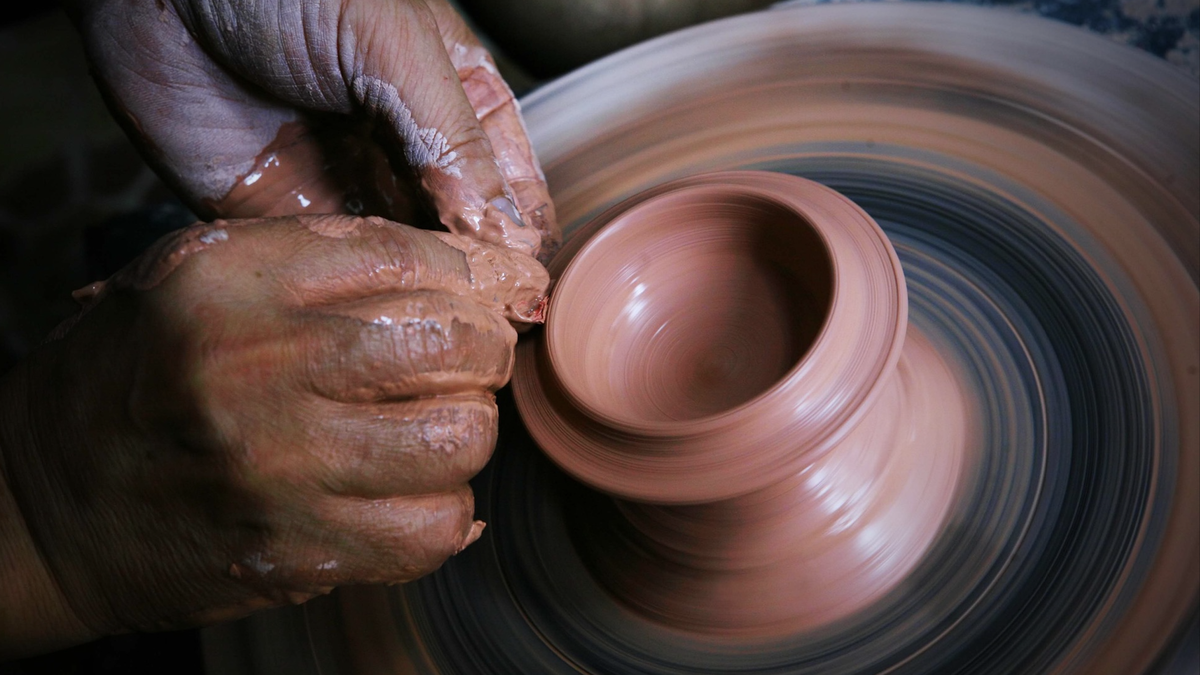
![[Photo] General Secretary To Lam works with the Standing Committee of Quang Binh and Quang Tri Provincial Party Committees](https://vphoto.vietnam.vn/thumb/1200x675/vietnam/resource/IMAGE/2025/6/25/6acdc70e139d44beaef4133fefbe2c7f)

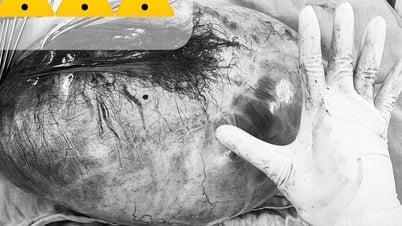





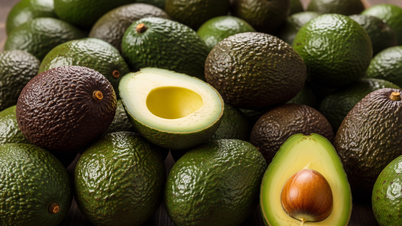






![[Photo] General Secretary To Lam works with the Standing Committee of Quang Binh and Quang Tri Provincial Party Committees](https://vphoto.vietnam.vn/thumb/402x226/vietnam/resource/IMAGE/2025/6/25/6acdc70e139d44beaef4133fefbe2c7f)
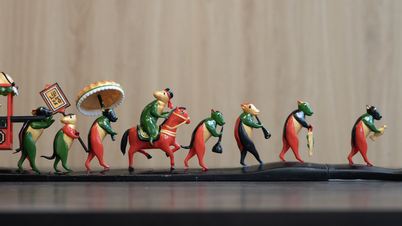
![[Photo] General Secretary To Lam meets with the Group of Young National Assembly Deputies](https://vphoto.vietnam.vn/thumb/402x226/vietnam/resource/IMAGE/2025/6/24/618b5c3b8c92431686f2217f61dbf4f6)


![[Photo] Close-up of modernized Thu Thiem, connecting new life with District 1](https://vphoto.vietnam.vn/thumb/402x226/vietnam/resource/IMAGE/2025/6/24/d360fb27c6924b0087bf4f288c24b2f2)

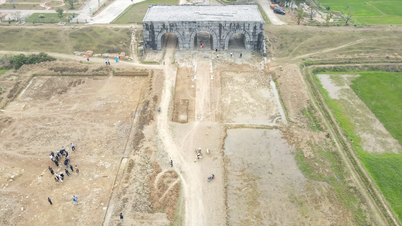



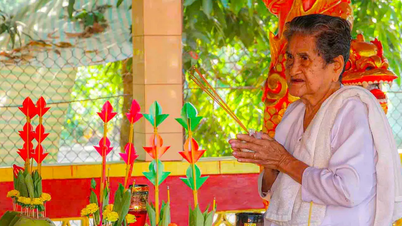

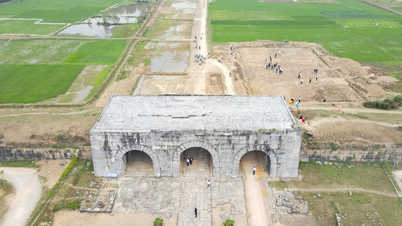


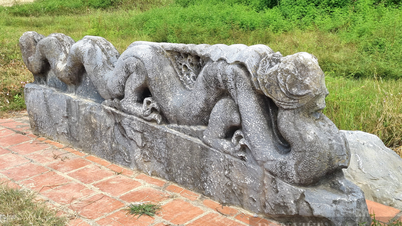

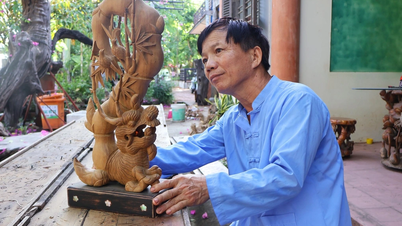



















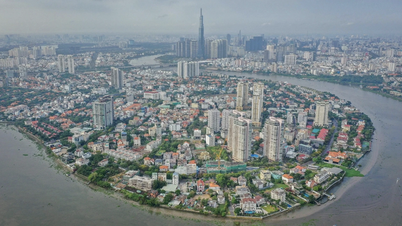

















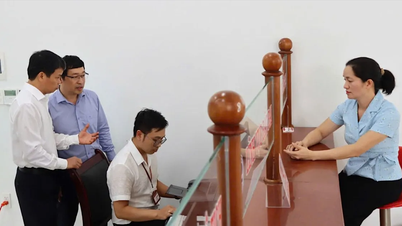




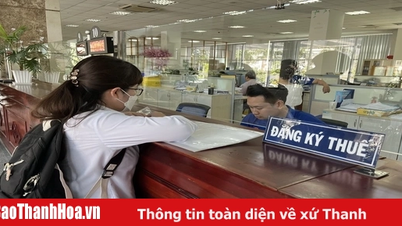



















Comment (0)